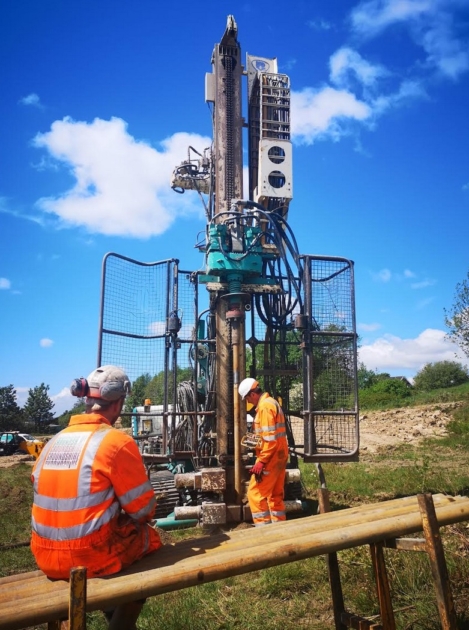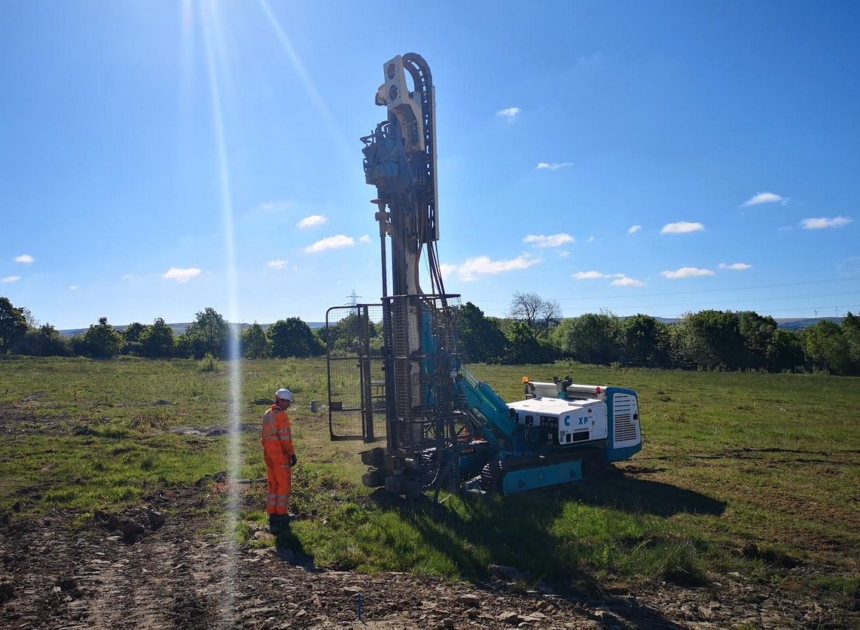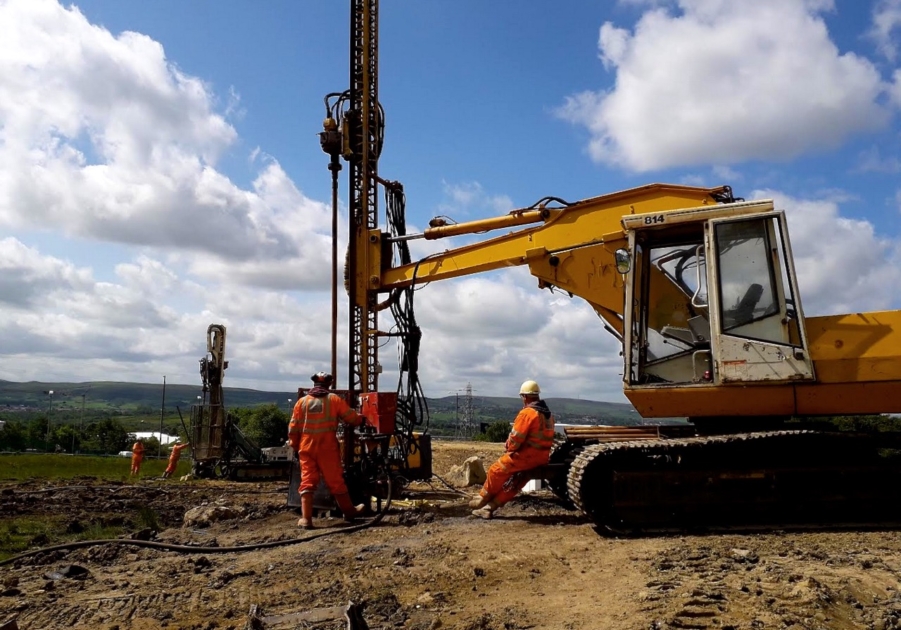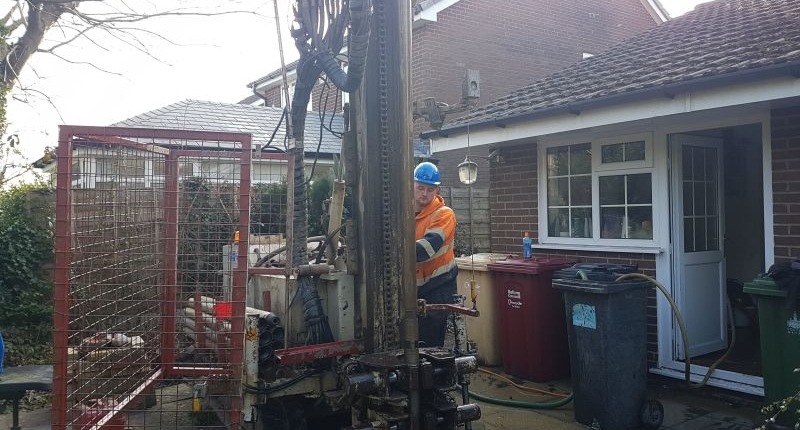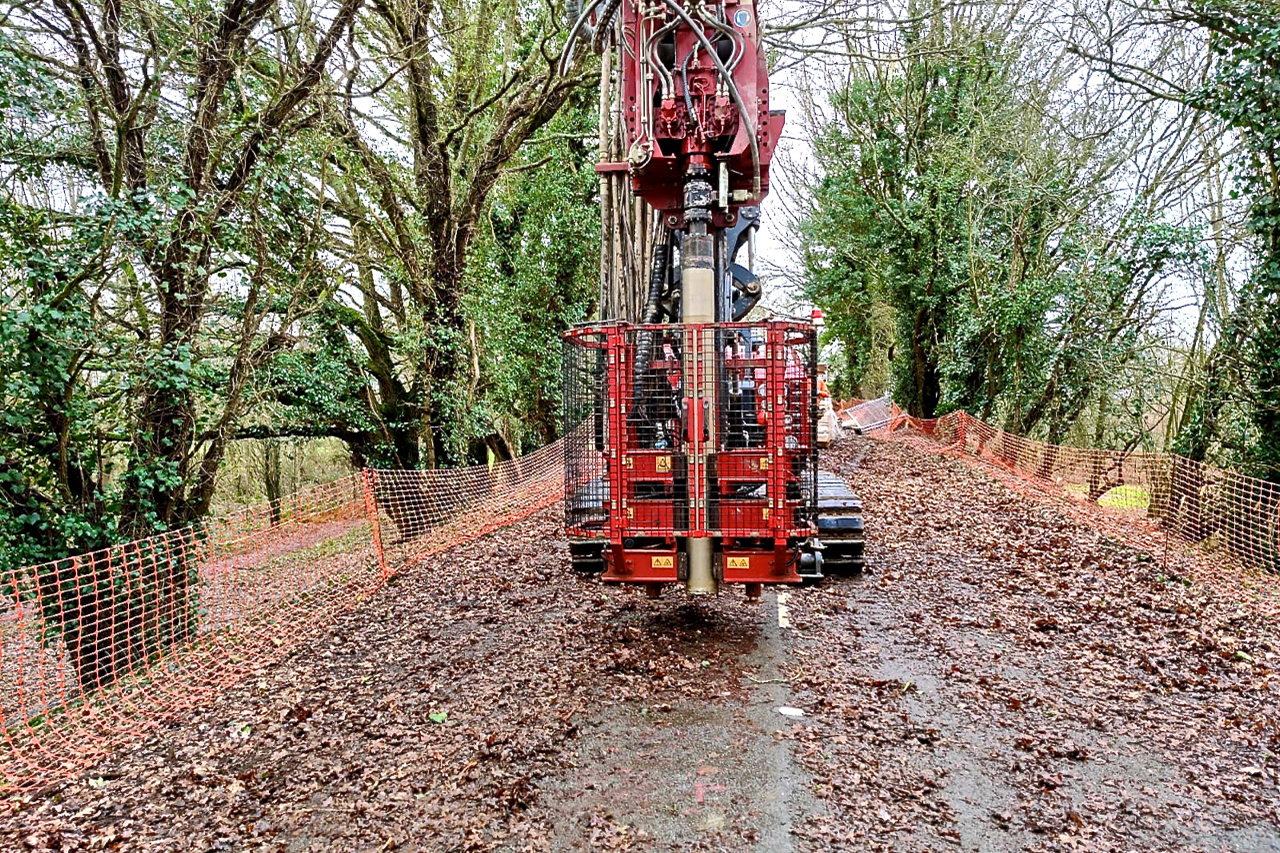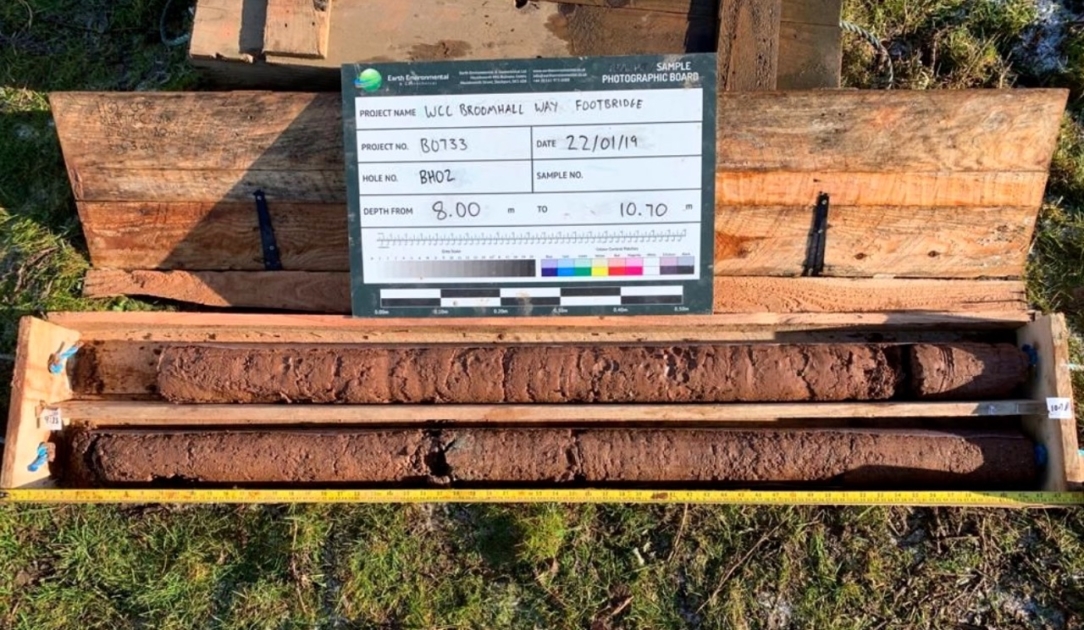Frequently Asked Questions
What happens after the Site Investigation ?
An interpretive report will be compiled from all the information and data gathered from the ground investigations, testing, monitoring for the site. Our Earth Environmental & Geotechnical consultants can discuss the details of the report and provide further services as required including:
Remediation Design
Foundation Design
SuDS – Surface water drainage strategy
Earthwork Modelling Services
Earth Environmental & Geotechnical have been involved in Environmental & Geotechnical ground investigations for a wide range of developments click here for more information
Contact us now to discuss your development
All site investigations are conducted in accordance with strict and well defined health and safety practices with site specific method statements and risk assessments provided. Prior to commencement on site service (gas sewers, electricity etc.) information is acquired from the client (or its agents) with utility tracing conducted, if required.
Why do I need a Site Investigation?
Construction projects are frequently delayed by adverse site conditions or unexpected ground conditions. Conducting detailed Site Investigation / Ground Investigations can save you time and money.
Site Investigation Services enable you to have a detailed understanding of the ground conditions of your site. For a development to be successful you need to know exactly what you are building on and have a strategy to reduce the risks.
Many site investigations are conducted to discharge planning conditions and our staff always ensure, time permitting, that prior to delivery of a costed proposal an outline of the proposed works are initially discussed with the regulatory authorities.
So you may not get planning permission approved if you do not complete the correct site investigations and meet the planning conditions.
At Earth Environmental & Geotechnical our team have extensive experience in the design of geotechnical, mining and environmental site investigations in accordance with current best technical practices and planning guidance.
The team are able to manage geotechnical and geo-environmental investigations for the most demanding of sites. Our multi-disciplined regional offices include engineers, geologists, environmental scientists, drillers and technicians who are experienced in all aspects of ground investigation and remediation works.
If you are considering purchasing a site or property for development, or own land you plan to develop please contact Earth Environmental & Geotechnical to discuss our services and how we can help
What Is Rotary Drilling?
What Is Rotary Drilling and What is it Used for?
Rotary drilling is used to collect soil and rock strata samples, or to form deep observation boreholes as part of Geotechnical and Environmental Site investigations. The Site Investigation is an essential step in understanding your development site and ground conditions. The intrusive investigations can assess a wide range of ground conditions. If the site investigation requires penetration into bedrock, or through very dense soils then a Rotary Drilling rig could be used to collect the rock strata or soil samples.
Rotary drilling is a fast drilling technique that advances a borehole using impact energy plus rotation. There are two types of rotary boreholes frequently used for site investigation projects, rotary open holes and rotary cored holes – more information can be found here
What Is Rotary Drilling and What is it Used for?
The samples or “cores” that are recovered from the site are analysed to gather an accurate understanding of ground conditions.
The results are used to provide interpretive reports to be able to assess if your proposed building designs are feasible from a geotechnical perspective. e.g.
- Foundation Designs
- Piled Foundation Solutions
- Basement and Retaining Wall Design
- Piling Mat Design
- Mine workings
The scope of the investigations and techniques used will depend on a range of factors including:
- The prior use of the site
- Anticipated geology and subsurface structures
- The proposed development design and function
- Known history of the site and the surroundings
- If the site is in a coal mining area
- If the site is in a flood zone
Earth Environmental & Geotechnical Ltd. provides a full range of drilling services throughout the UK for Geotechnical and Geo-Environmental Site Investigations.
More Information on Ground Investigations.
What Is the Ground Investigation Process?
Ground investigations are carried out with a phased approach. The first step in the process is to complete a phase 1 Desk Study ideally this should be completed at the early stages of the planning and development process and combined with a site walkover.
Overview of the Site Investigation process
- Phase 1 Desk Study
- Phase 2 Intrusive Site Investigation
- Phase 3 Post Site Investigations
- Phase 4 Site Investigations Report
Step 1 – Complete the Phase I Desk Study and site walkover.
A Phase 1 Desk Study is a preliminary risk assessment report for a development site, often required for planning application approval.
Ideally, a Desk Study should also be accompanied by a walk over a survey conducted by an experienced practitioner. By compiling available information in relation to a site’s environmental, geological, hydrogeological, hydrological and mining setting, a cost-effective and focussed site investigation will be developed.
A Phase 1 Desk Study should always precede any ground investigation.Using the interpretive report to highlight potential development issues, environmental and cost liabilities requiring further investigation.
Step 2 – Phase 2 Intrusive Site Investigations
A Phase 2 assessment consists of an Intrusive Site investigation with quantitative risk assessment. The Phase 1 Desk Study will highlight the areas for further investigation and define the scope of these works. Any potential pollutant linkages can then be prioritised for investigation and depending on the Phase 1 Desk study report the appropriate investigation techniques utilised.
Ground Investigation Techniques used as part of a Site Investigation
- Cable Percussive Boreholes
- Window Sample Drilling
- Deep Window Sample Borehole
- Rock Coring
- Rotary Boreholes
- Rotary Core Drilling
- Dynamic Probing
- Trial Pits
- Trenches
- Windowless Sampling Rig
- Soakaway Testing
- Modular windowless sampling drilling rig
- Plate bearing testing
- California bearing ratio (CBR) testing
Step 3 – Post Site Investigations
Once the preliminary site investigations have been completed the results are analysed. If further site investigations are required these can be completed by our multi-disciplined team. These could include:
- Environmental Monitoring
- Soil Testing
- Geotechnical Monitoring
- Slope Stability Assessment
- Radon Monitoring
- Remediation Designs
- Gas protection measures.
Step 4 – Site Investigation Report
An interpretive report will then be compiled from all the information and data gathered from the ground investigations, testing, monitoring for the site.
Our Earth Environmental & Geotechnical consultants can discuss the details of the report and provide further services as required


